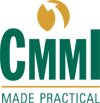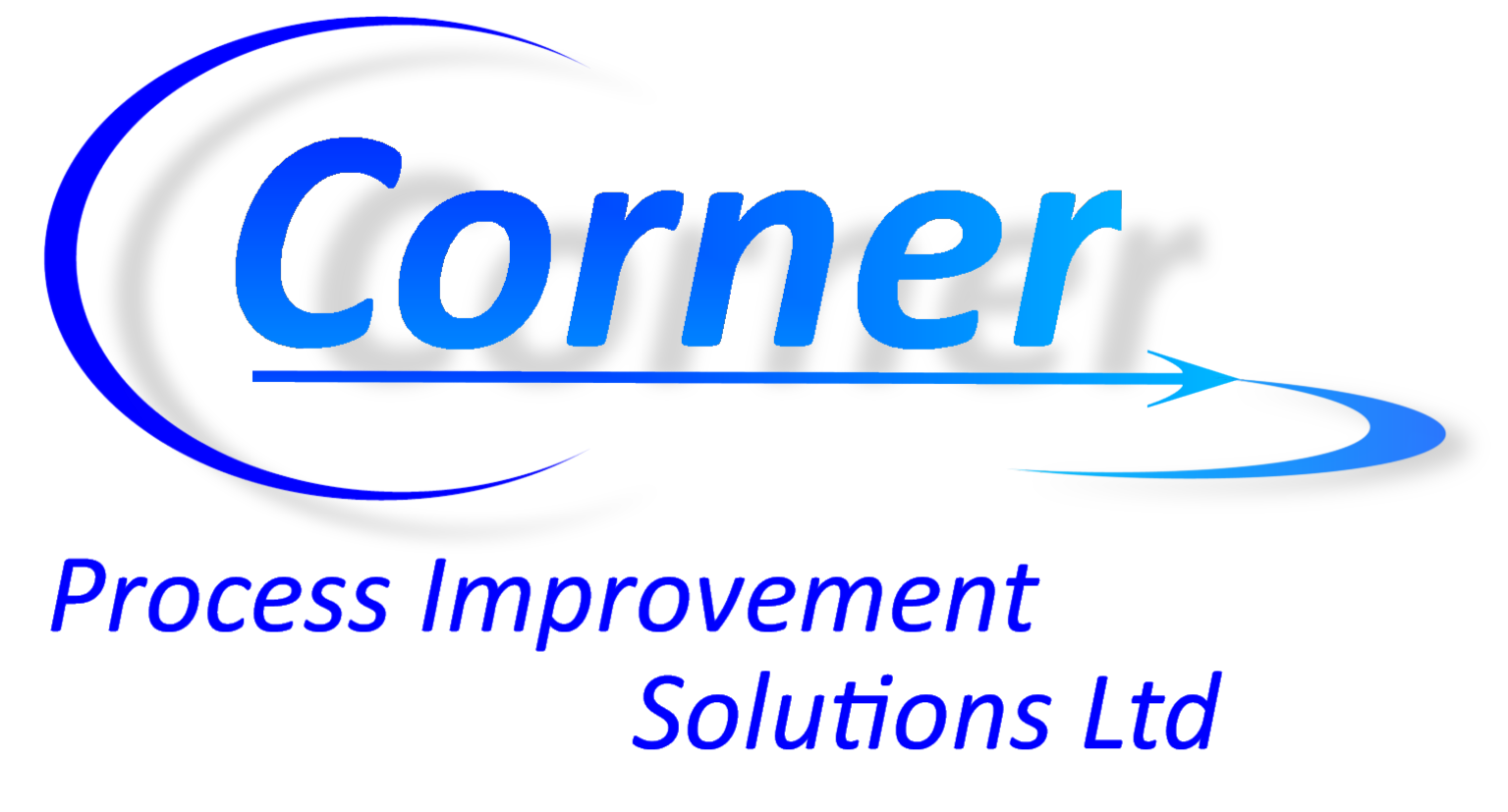Combined Plenary with ALM:
Can Process Make You Happy?
By Peter Leeson, Visiting Scientist, CMMI Institute & Director, Q.I.P.T
A talk about the impact of managed work practices and structured management in increasing satisfaction for employees, customers and shareholders. Process is often seen as synonymous with bureaucracy, documentation and restricted activities, impacting the ability of employees to respond to rapidly changing circumstances. This is frequently contrasted with other technologies and principles which focus on rapid response and delivery.
- Can process satisfy the needs of people in today’s world?
- Do we really need to choose between the different approaches and management techniques?
The Long and Winding Road:
Targets, Progress and Success in Process Improvement
By Roger Gamage, CPIS
- Insightful setting of process improvement targets
- Pragmatically assessing progress
- "Changing course" to "keep on course"
- Success, failure...or somewhere in between?
Utilising DMAIC (Define, Measure, Analyse, Improve and Control) Can Work: A Thales UK Case Study
By Angus MacIntyre, Thales UK
- What was the problem?
- What did we measure?
- What analysis did we perform?
- What improvement did we implement?
- How did we ensure that the change worked?
- What were the benefits?
Lean Leadership
By Andrew Farmer, Director of Coaching and Performance, Oxford Innovation
- Lean and The Strategic Vision
- Lean Culture
- Visual Management
- From planning to action
- Lean Legacy
The Second Wave of Lean
By Peter Matthijssen, Consultant, BiZZdesign
- What is Lean really about?
- How to inspire for Lean
- Lean Leadership
- Getting started: Process improvement with Lean.
High Impact Business Improvement
By Andrew Griffiths, Managing Director, Lamri
- How organizations have delivered significant sustained better performance through process improvement
- Success factors common across a number of case studies
- Illustrate the building blocks required to deliver high performance
Business improvement – a simple but powerful approach using Clean Language, Metaphors and Systemic Modelling
By Keith Gregory, Lockheed Martin and Caitlin Walker, Training Attention
- All organisations have a wealth of “inaccessible expertise” – now it can be unlocked
- Drawing on “Clean Language” and the metaphors & models it can create we will outline a proven process for inspiring capability in a team or group to use their own experience, both problems and outcomes to remodel their processes into what they'd really like to have happen.
- Using examples from work done with Northern University, FMCG company and a large Law firm
- 20 minutes of engaging processes with some interaction and 10 minutes of facilitated questions and answers
Using Facts to Test Assumptions
By Alan Cameron, DCG-SMS
A successful client asked us two questions
- Has our insourcing initiative worked?
- Can we assess our processes and get better value from our software development?
We applied an industry standard model and toolset and confirmed that performance had improved post-insourcing, from below industry norms to at least matching them.
Initial analysis of whole lifecycle data indicated high speed, high cost development. By applying standard estimating models and creating different scenarios we have been able to suggest changes to the process capable of producing significant savings – cost reductions of more than 50% or 40% more software for the same budget.
Governance Isn’t What You Think It Is (And its Probably Broken in Your Organisation)
By Graham Oakes, Graham Oakes Ltd
- Good governance makes the difference between chaos and order. It reduces gaps and overlaps, takes some of the pain out of politics, eliminates waste… It's also pretty rare.
- Too many organizations confuse governance with compliance. They focus on checklists and audits. They set up ever more governance bodies. The essence of good governance gets lost.
- This talk will look at what governance is, why process governance matters, and how it relates to other aspects of governance. It will also look at some common governance pitfalls and think a little about what you can do to address them.
Achieving a Step Change through the PMO
By Stephen Woods, RSA
- The close relationship between the services provided by a typical PMO and the process areas, specific practices and generic practices of CMMI
- How the creation of an effective PMO function can expedite achievement of CMMI maturity and capability levels in a selection of process areas
- Key benefits obtained
- Examples of what was implemented and what was achieved at a range of organizations (case studies)
|














